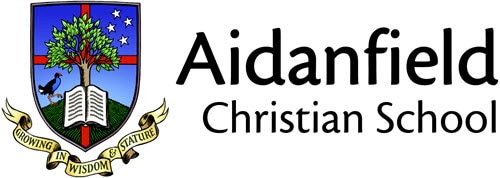Mathematics is a coherent, consistent and growing body of concepts which involves the study of patterns in number, space and the interpretation of data. Mathematics provides us with a means of communication which is powerful, logical, concise and unambiguous.
Mathematical language is used by scripture to describe order, quantity and dimension. To actually see and appreciate the presence of mathematics in creation and in the Bible is to see something of God’s glory that is enriching to our faith and teaching. Mathematics is a tool given to humanity so that we may measure God’s intrinsic order. Because Mathematics is only part of God’s creation it cannot show all there is to know, as the creator is greater than the creation.
Arithmetic (skills in basic operations) is a basic building block in understanding mathematic order. It is vital that pupils are competent in these foundational skills. We see directive, instructional teaching as fundamental in achieving such competence. As God uses mathematics in the concrete context of His universe we should teach it in the context of creation and human life.
The physical world and universe are abundant fields for illustrating our mathematics, as are human life and relationships. Being human and made in God’s image means we also have an inclination to creativity, understanding and relationships.
The skills of Mathematics are part of our daily lives, whether in our work, our personal life or recreation. The more Mathematics you can learn, the better prepared you will be for adult life. Mathematics is also an important tool for many other subjects. Understanding what is taught in Mathematics will make many other subjects easier to understand.
Through the study of Mathematics, pupils should:
- Develop a sense of wonder at the nature of God as they become aware of the order, precision, design and constancy of creation through seeing patterns and relationships.
- Develop an understanding of principles underlying the structure of mathematics, to nurture confidence in their own mathematical ability, to foster a sense of personal achievement, and to encourage a continuing and creative interest in mathematics.
- Develop the skills, concepts, understandings, and attitudes which will enable them to cope confidently with the mathematics of everyday life and with the continual study of mathematics and/or other learning areas where mathematical concepts are utilised.
- Develop a variety of approaches to solving problems involving mathematics, and to develop the ability to think and reason logically.
- Achieve the mathematical and statistical literacy needed in a society which is technologically oriented and information rich.




